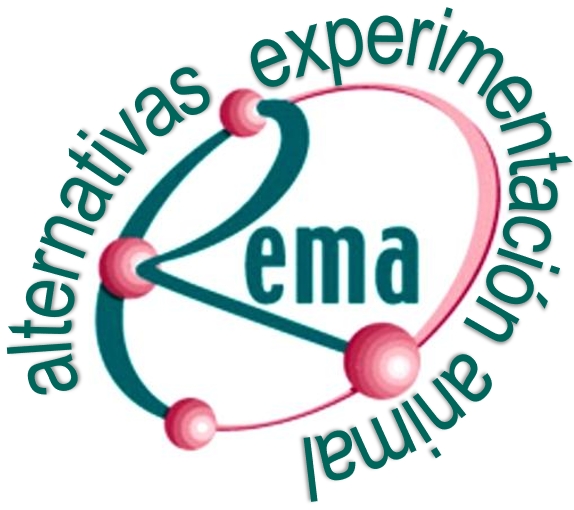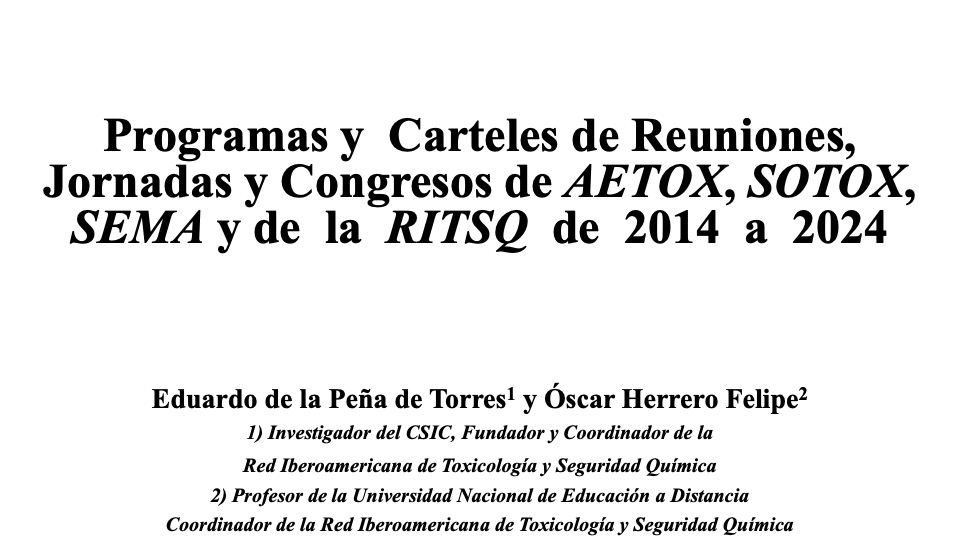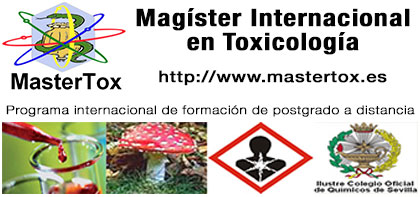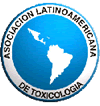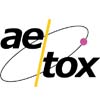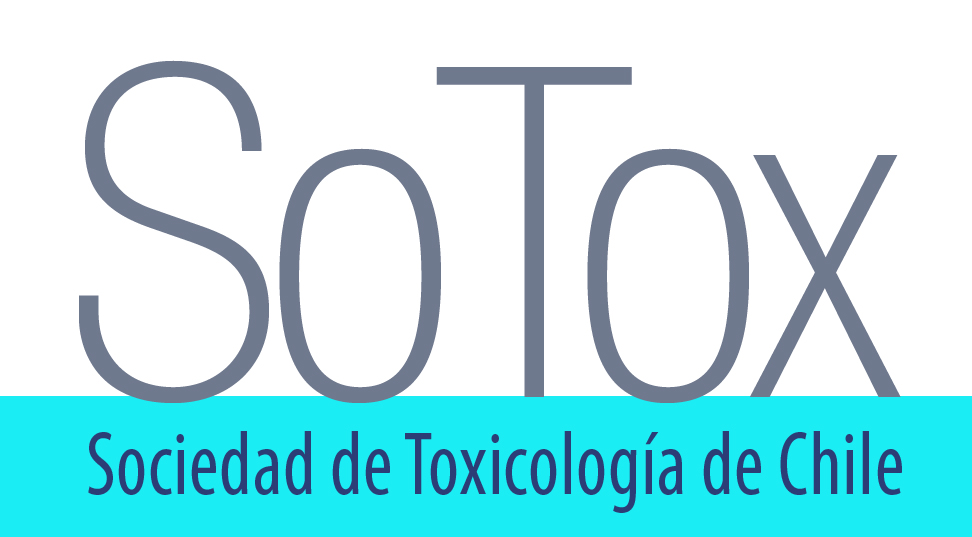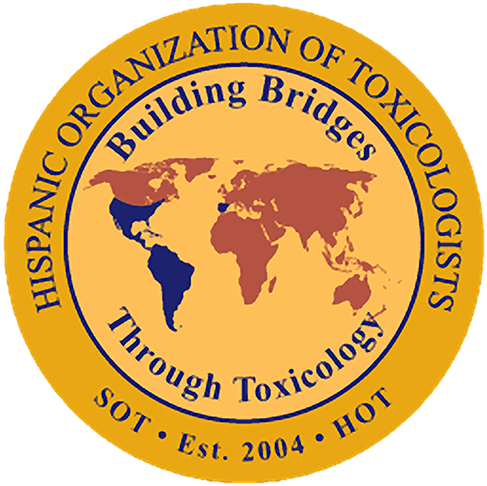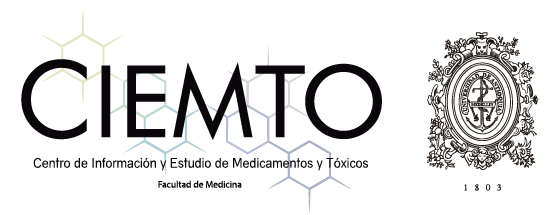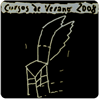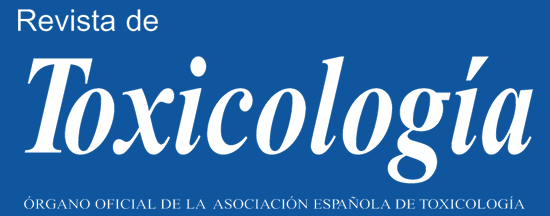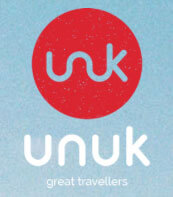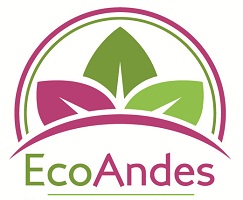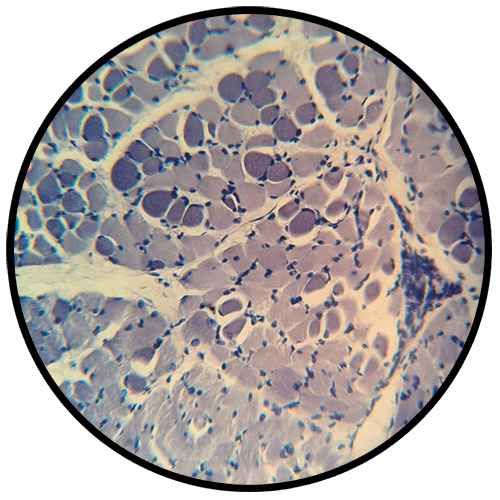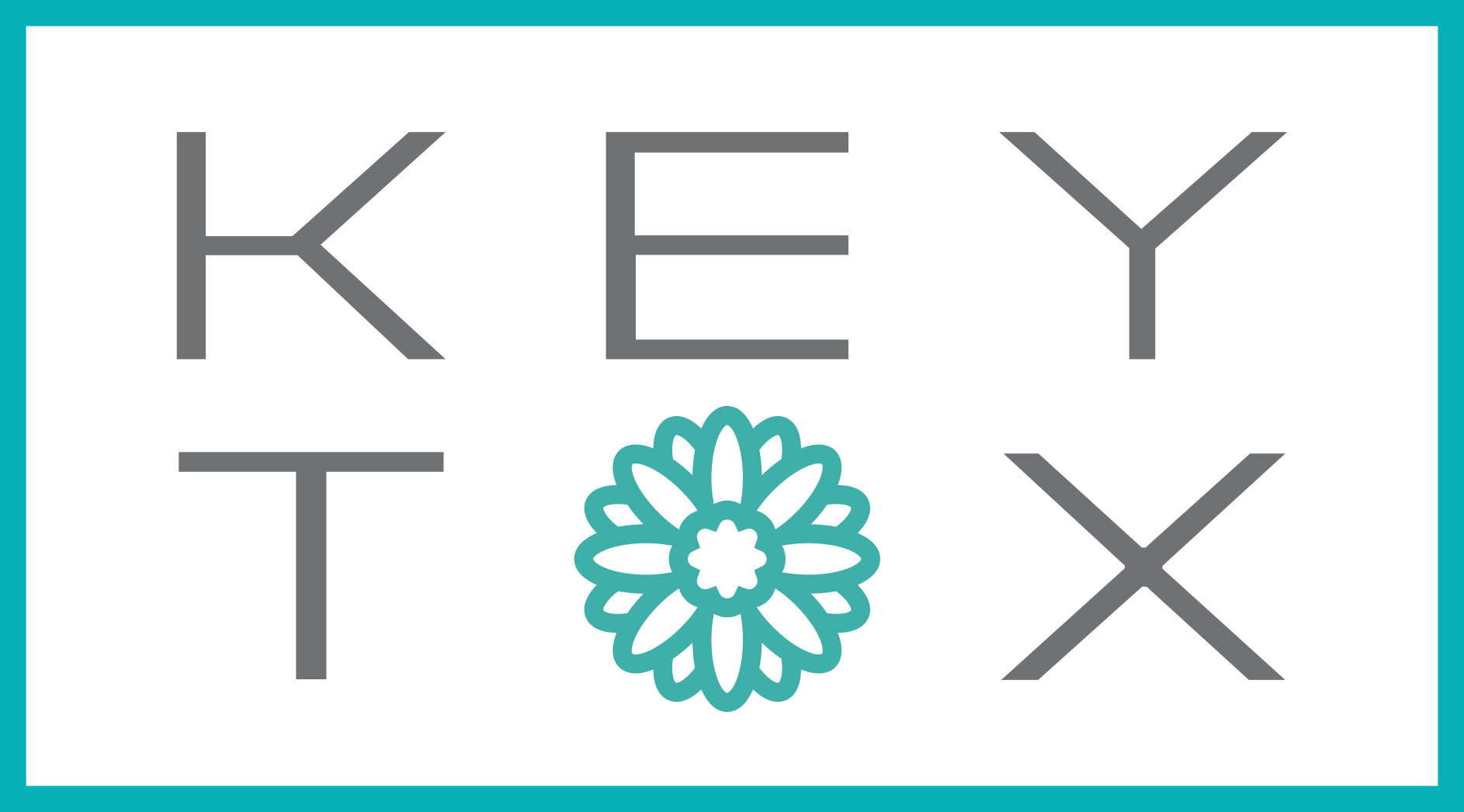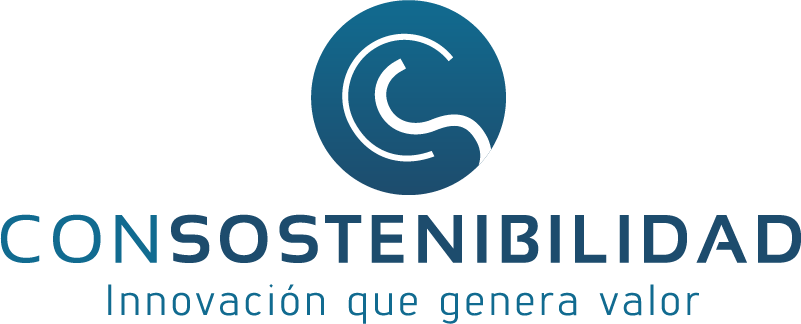Entradas en la categoría:
'ECVAM'
1 febrero 2019
La Subdirección General de Sanidad y Ambiental (Ministerio de Sanidad, Consumo y Bienestar Social), la Federación Empresarial de la Industria Química Española (FEIQUE) y la Red Española sobre Métodos Alternativos a la Experimentación Animal (REMA), en colaboración con el Laboratorio Europeo de Referencia sobre Alternativas a la Experimentación Animal (EURL-ECVAM), organiza esta jornada con el objetivo de difundir la actividad de diferentes comités europeos con funciones relacionadas con la evaluación de riesgos químicos y con la protección de los animales de experimentación y la promoción de alternativas.
La misma tendrá lugar en el Salón de Actos del Ministerio y la asistencia es gratuita, aunque es indispensable confirmar la asistencia antes del 18 de febrero, a través de este formulario.
ACTUALIZACIÓN:
La Jornada tendrá lugar en el Salón de Actos Ernest Lluch del Instituto de Salud Carlos III. Campus de Chamartín. Pabellón 13. Avda Monforte de Lemos 5. 28029 Madrid.
Descargar información detallada (PDF).
2 febrero 2016

Dear Colleague,
EURL ECVAM would like to invite you to participate in the EU public survey to identify all types of knowledge sources that might be relevant to Replace, Reduce or Refine (the ‘3Rs’) the use of animals for scientific purposes, to understand how such knowledge is currently disseminated and to highlight what could be done to fill knowledge gaps and enhance knowledge sharing.
As follow-up from the Commission’s response to the European Citizens’ Initiative «Stop Vivisection!», the Commission is assessing opportunities to enhance knowledge sharing among all relevant parties to accelerate progress in the 3Rs. The aim of this survey is to draw on your personal experience of knowledge exchange and to try to identify where this is working well and where it can be enhanced.
Your contribution will be extremely valuable in this exercise. We would also be very grateful if you could share this survey with your own network of collaborators in order that we may reach as many individual knowledge sources as possible. You may wish to read about the survey in the news item published today on the JRC Science Hub.
The results of this survey will provide valuable input for a comprehensive study currently being undertaken by the Commission, the results of which will be made available by the end of 2016.
The survey will remain open until Friday the 11th of March 2016.
If you have any questions regarding the survey, please contact JRC-ECVAM-CONTACT@ec.europa.eu.
Kind regards,
JRC ECVAM Contact
Systems Toxicology Unit
EU Reference Laboratory for Alternatives to Animal Testing (EURL ECVAM)
21 marzo 2012

On 14 March 2011, the European Union Reference Laboratory for Alternatives to Animal Testing (EURL ECVAM), hosted by the European Commission’s Joint Research Centre (JRC), issued a recommendation concerning three in vitro test methods for assessment of the carcinogenic potential of chemical substances. In conjunction with other available data, the test methods can be used to decide whether it is necessary to carry out animal testing for carcinogenicity (cancer bioassay) in the context of EU legislation.
They therefore have the potential to reduce and replace testing on animals. The three in vitro cell transformation assays (CTA), based on the use of cells originated from mouse and hamsters, model several stages of the cancer development process. The recommendation concludes that these methods can partially replace the currently used rodent carcinogenicity OECD Test Guidelines 451 and 453 which can lead to a reduction of laboratory animals and the time for toxicity testing needed.
EURL ECVAM’s study of the three test methods was peer reviewed by the EURL’s Scientific Advisory Committee (ESAC), and the recommendation underwent public consultation. The EURL ECVAM forwarded the results to the OECD for potential inclusion into the OECD Test Guidelines and subsequent international regulatory acceptance.
More information:
http://ihcp.jrc.ec.europa.eu/
30 noviembre 2008
We wish to remind you that, the DataBase on ALternative Methods (DB-ALM) of the Institute for Health and Consumer Protection (IHCP) to which ECVAM belongs to has made available for public access early this year the directory on contact details of :
“Persons & Institutions active in the Field of Alternative Methods.»
If you haven’t taken the opportunity yet to access the above data sector, you can do so by subscribing free of charge on the DB-ALM*. Select afterwards the “In Vitro Method» search option on the top menu bar.
The current data sector includes all persons which have confirmed/updated their data on our request, in addition to the contact details for the INVITTOX protocols and contains in total almost 200 entries. We wish to inform you that, in the future, we will contact all persons every 2 years in an automatic manner to verify and/or review their data. Those who don’t reply after two reminders we will have to remove from the directory.
New inscriptions
To extend the availability of information on persons/institutions active in the field of alternative methods («Who’s who»), we invite you to send a short alert to:
dbalm-contact@jrc.it stating your wish to become part of this service.
We will come soon back to you and submit you a predetermined form for completion.
We are looking forward to your collaboration.
*Access: http://ecvam-dbalm.jrc.ec.europa.eu
European Commission – Joint Research Centre (EC-JRC)
Institute for Health & Consumer Protection (IHCP)
European Centre for the Validation of Alternative Methods (ECVAM)
























